Ghassan Saliba Zeghondi: "In Lebanon, all families have members who have chosen to migrate to other parts of the world"
The Catalonia-Lebanon Association works to explain the political, social and cultural situation in Lebanon here in Catalonia and disseminate the solidarity and cooperation actions carried out from Catalonia.
For people that don’t know your organisation, when was it established and for what purpose?
The Catalonia-Lebanon Association (ACL) was established in 1982 in response to the war that was affecting Lebanon, with a civil was and the Israeli invasion of the country, mainly to carry out emergency response to the Lebanese Popular Relief and other Lebanese organizations with whom we share secularism and the idea of equal citizenship in a country with 18 different religions. ACL works on two fronts: on the one hand, explaining the political, social and cultural situation in Lebanon here in Catalonia and, on the other, disseminating the solidarity and cooperation actions carried out from Catalonia.
To develop our main goals with the highest guarantees and efficiency, ACL has partnered with local and international networks working for global justice and including organizations such as lafede.cat, Réseau Euro-Méditerranéen de la Solidarité (Euro-Mediterranean Solidarity Network) or the Consell Municipal de la Immigració de Barcelona (Barcelona Municipal Immigration Council).
What projects are you working on currently? What are your initiatives to build bridges among the two Mediterranean regions?
At present we have several actions implemented in Lebanese territory. For instance, we promote the defence of human rights and we work to achieve full equality between men and women, cooperating with Lebanese organisations such as the Women’s Rights’ League and the organization Wardah Boutross.
Another project we’re working on in Lebanon is one that was recently launched last October and is just getting started: a social and healthcare centre to cover the healthcare needs in the most needy regions in the country. At the same time, we are also supporting projects led by the Peace and Solidarity Fund of the Spanish union CC.OO. together with the Lebanese National Federation of Worker and Employee Unions (FENASOL).
At the same time, we are setting up campaigns to raise awareness among the Catalan population and we make efforts to encourage the inclusion of groups coming from Arab countries into the Catalan society. From a more aesthetic and creative perspective, ACL also tries helping to give visibility to Arab artists and their work in Catalonia in any of the arts (painting, music, writing, dance, interpretation…) by organizing cultural events.
What is the situation of Lebanese citizens in Catalonia? Do they find it easy to integrate? What challenges do they face?
There isn’t a large Lebanese community in Catalonia, less than 1,000 families.
Over time, however, the types of immigrants have changed. In the seventies, it was mainly students who immigrated; then, in the nineties and early 2000s, the Lebanese coming to Catalonia were mostly entrepreneurs in the field of restoration and workers in that sector. Recently, once again we are seeing Lebanese migrants with an academic profile.
We must not forget that the Lebanese diaspora is estimated to be around 12 million, three times the number of Lebanese living in the country. All families, in fact, have members who have chosen to migrate to other parts of the world. This tradition of migrating speeds up and facilitates their rapid inclusion into the host society. However, the difficulties faced by the newly arrived Lebanese in Catalonia, just as for any other person arriving from another country, continues to be all the bureaucracy and difficulties in getting residence permits and housing.
What can organizations and citizens do to facilitate the inclusion of people coming from Arab countries into Catalan society?
To facilitate the inclusion of newly arrived persons from Lebanon into Catalonia, one of the things ACL is doing is to foster knowledge on the Arab world as a tool for cooperation and to fight racism and Islamophobia. As part of this work, we have several initiatives such as holding seminars on the Arab world and publishing a handbook with basic knowledge on the Arab world (we have published two so far).
At the same time, to inform people on the realities of the Arab population living in Catalonia, this year we have re-edited the guide Who are the Arabs?
Lebanon is going through a difficult situation right now because of the large number of refugees arriving from Syria. What role does your organization play when facing this challenge?
We are doing everything we can to help Lebanese and Syrian citizens. For instance, as I already mentioned, we are helping meet the basic healthcare needs by opening medical centres.
Also, to make the Catalan society aware of the problems Lebanon is facing, we have launched several awareness-raising campaigns. In recent years, together with the Peace and Solidarity Fund of the Spanish union CC.OO. and the Catalan Association for Peace, we have carried out several actions to make the situations experienced by refugees in Lebanon known and to raise funds for projects we are developing on the ground.
What challenges are you facing in your work?
The biggest challenge is that Catalan society is unaware of the social, cultural and economic situation in Lebanon. When the media report on Lebanon, they always talk of something relating to war and they barely ever talk about Lebanese culture. Even today there are many stereotypes on Lebanon as a country that is always at war, or that it was once the Switzerland of the Orient, which is a totally dichotomous vision.
At the same time, institutions dedicate very little funding to promote the different sides of culture; this is another barrier. That is why, whenever ACL organizes an artistic, musical or theatrical event to disseminate the Lebanese or Arab culture, and important part of the funding is coming from the Association’s own resources.
Complete the following sentence: in 10 years time we would like a world of peace, justice and freedom for all peoples.
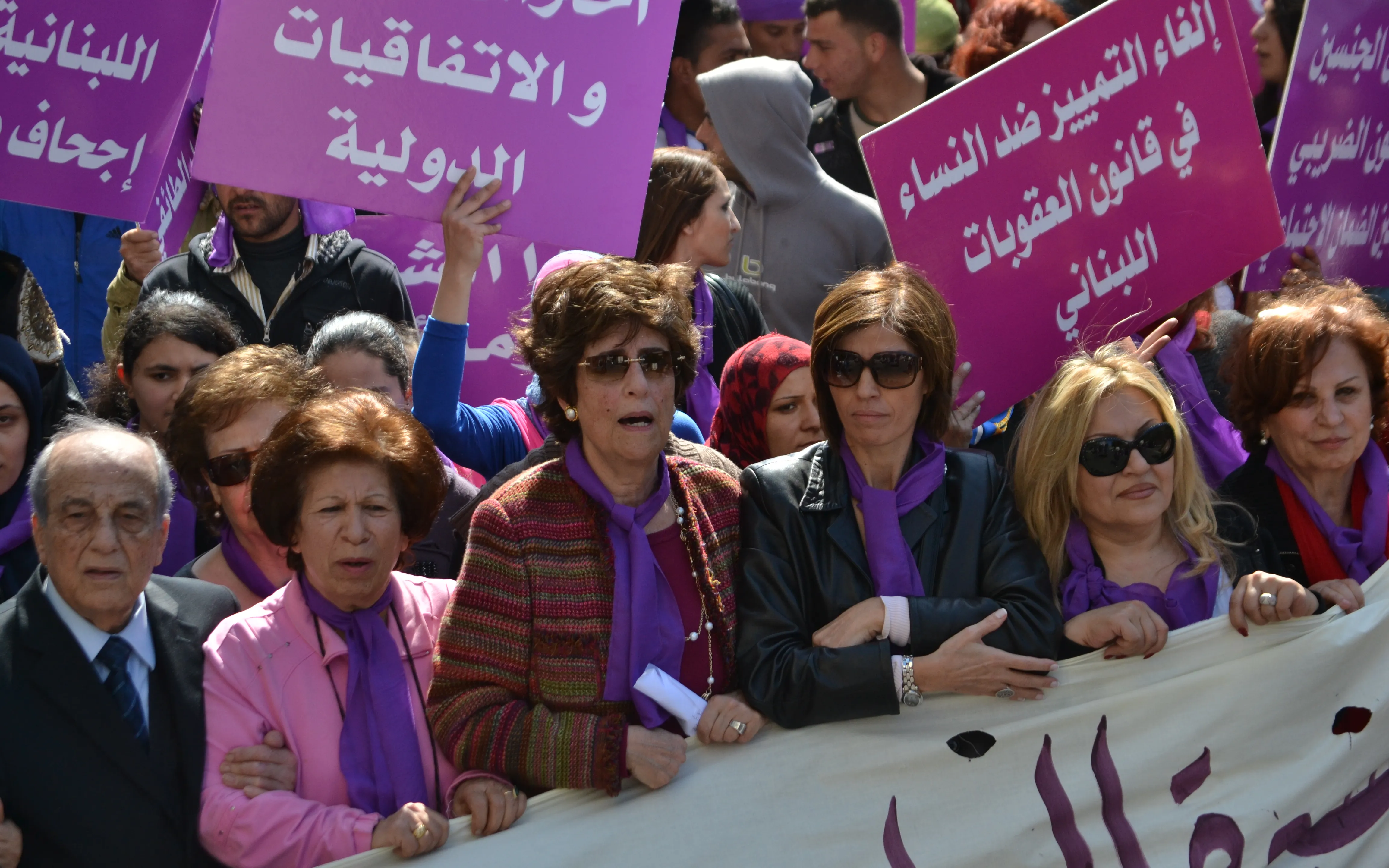
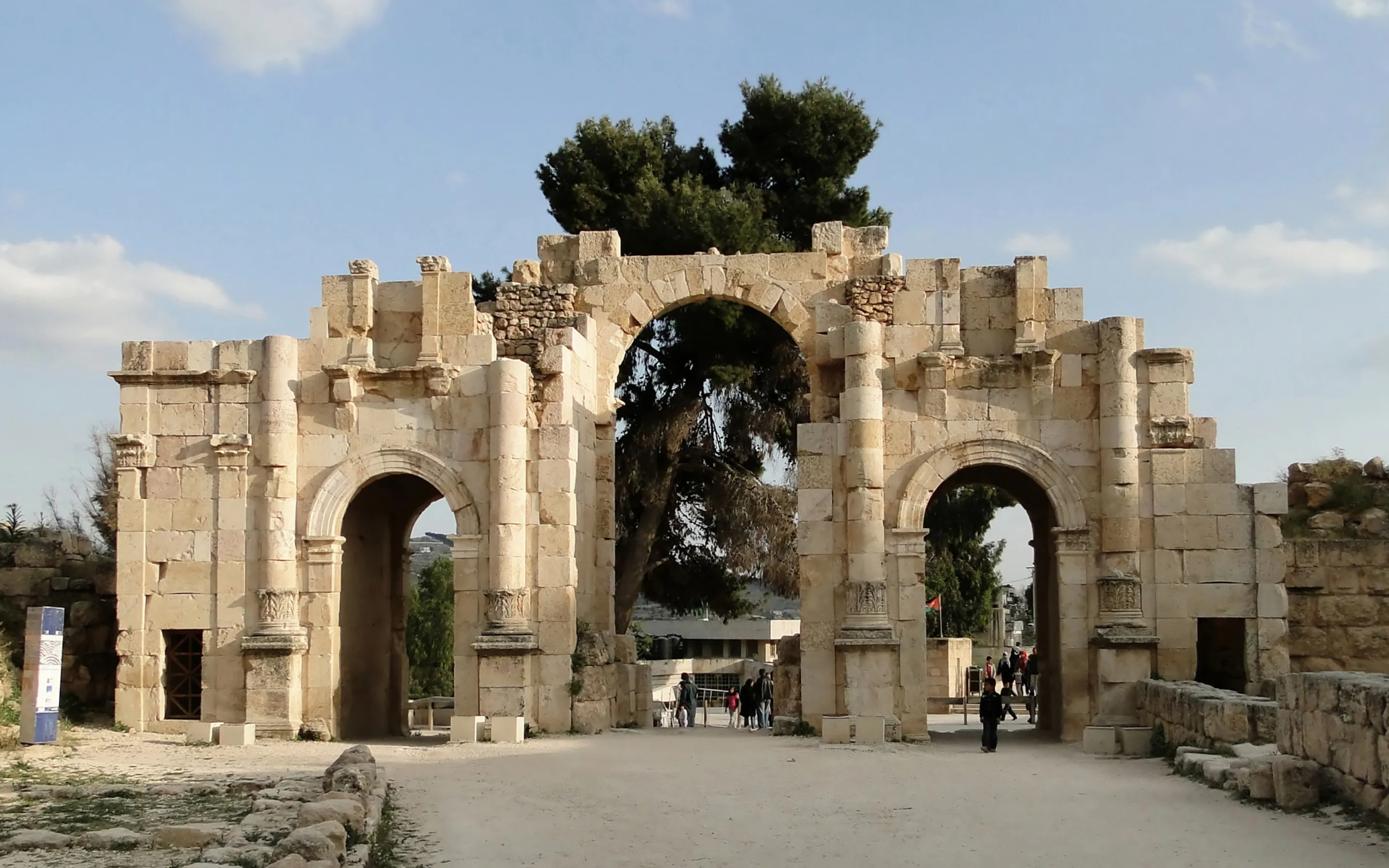

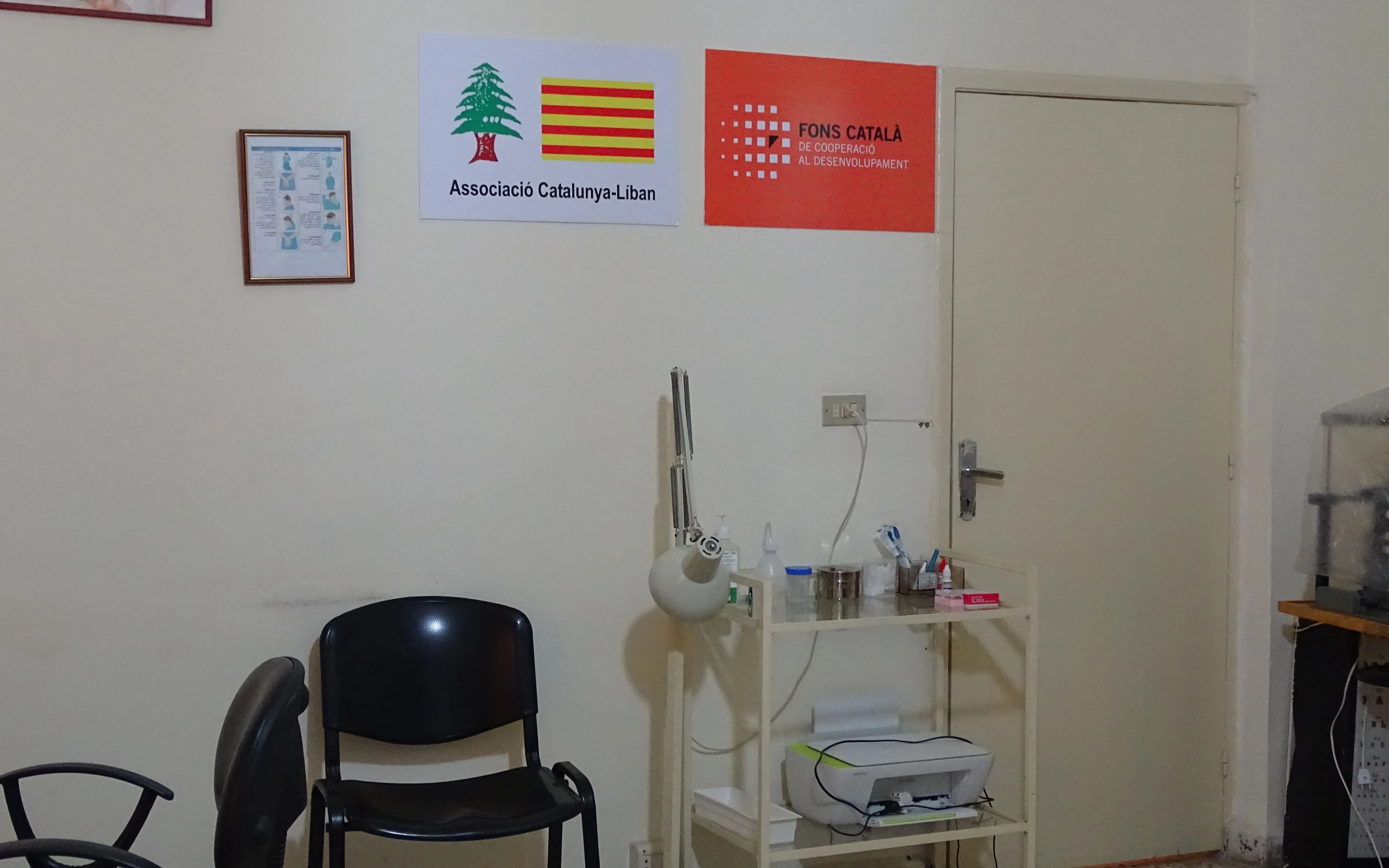


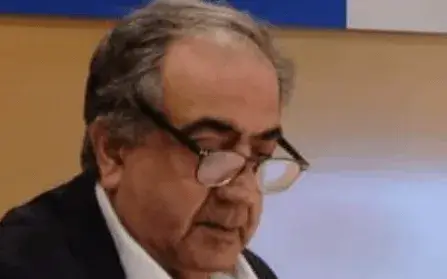
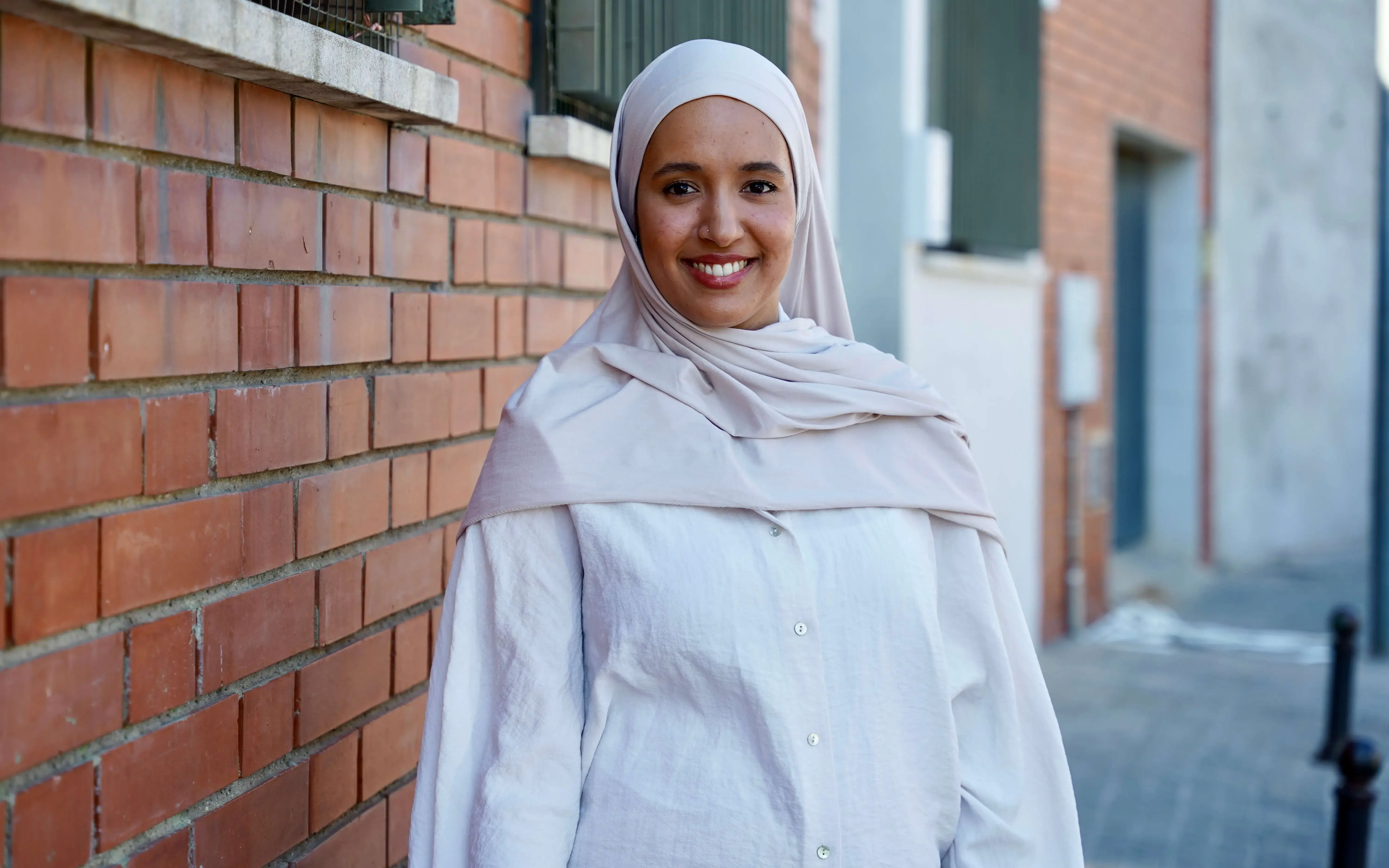

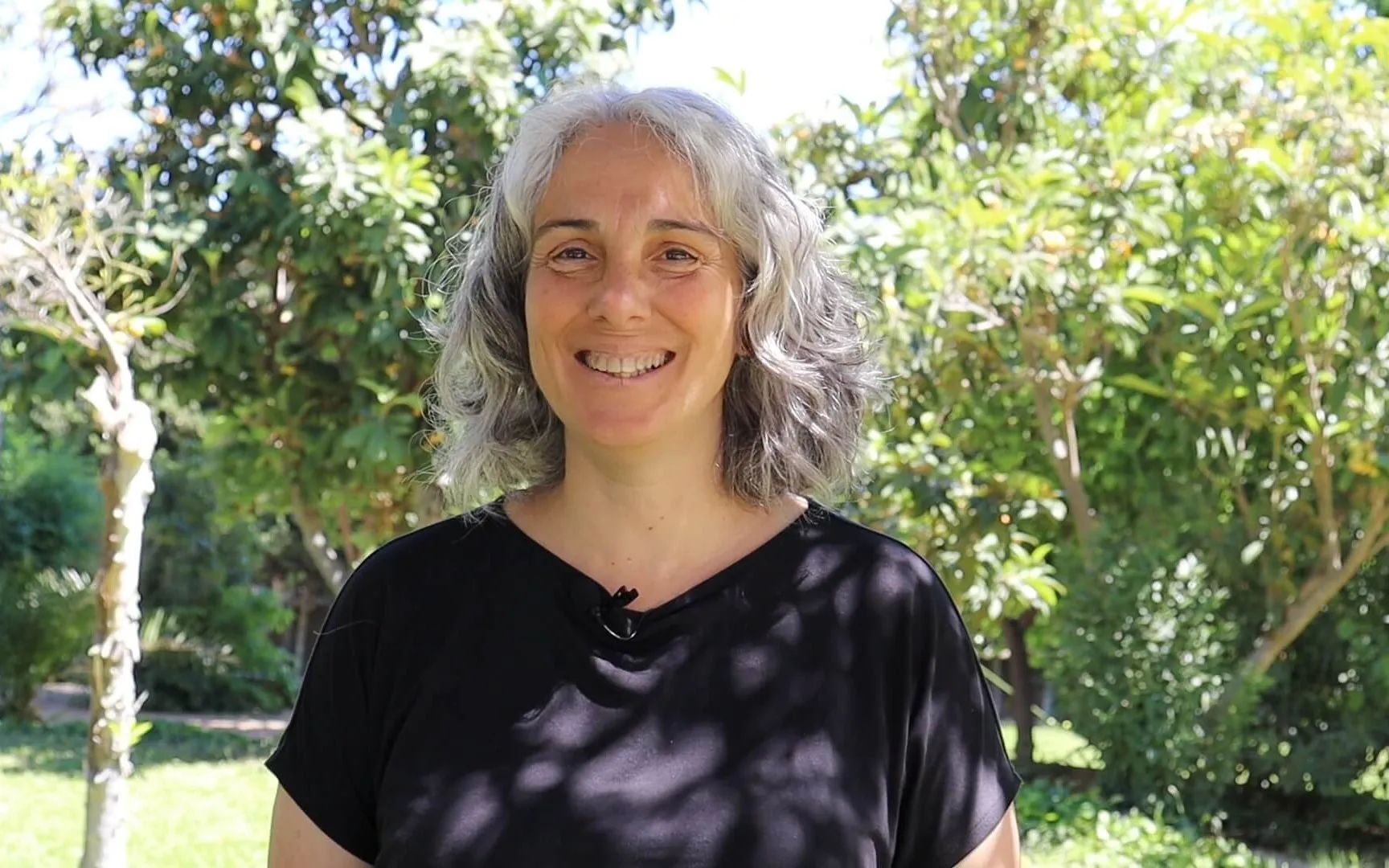
Add new comment